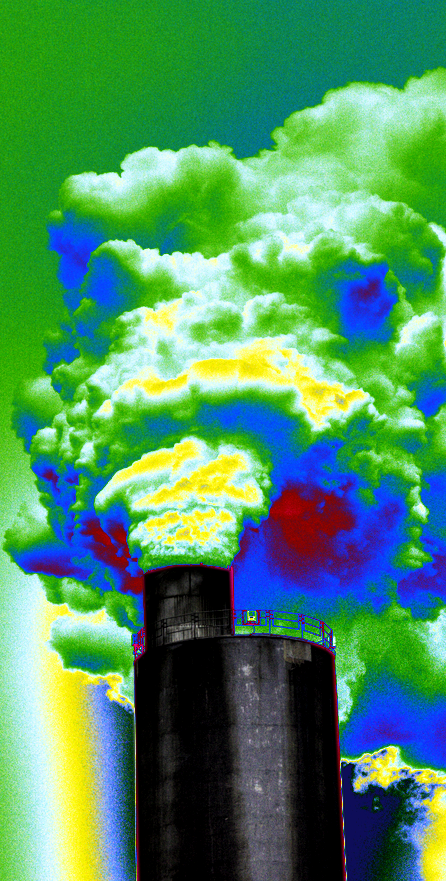Taylor backs LNG help
 Official data shows Australia’s carbon emissions continue to rise.
Official data shows Australia’s carbon emissions continue to rise.
After much dilly-dallying, the Federal Government has released December quarter figures showing a 0.8 per cent increase in emissions compared to the previous quarter, and a 0.7 per cent rise from the same time last year.
The increase has been pinned on the liquefied natural gas (LNG) industry.
Emissions from electricity fell by 3.5 per cent in the year to December and emissions from agricultural pollution dropped by 3.3 per cent, but other sectors saw rises due to growing LNG exports, as well as steel and aluminium production.
A 10.9 per cent increase in diesel consumption has seen transport emissions rise 2.8 per cent over the year.
Overall, Australia's emissions are down 9.5 per cent in 30 years.
Energy and Emissions Reduction Minister Angus Taylor says Australia’s emissions are now almost 12 per cent below 2005 levels.
The nation has agreed to reduce emissions by 26 per cent below 2005 levels by 2030 as part of the Paris agreement.
More than half of that reduction is set to be achieved through carryover credits from achieving goals of the Kyoto protocol.
Australia was able to meet its target in the first Kyoto agreement because the agreement allowed for an increase of emissions.
Mr Taylor has talked up LNG, saying credit should be given for exporting a less carbon-intensive power source to other nations.
“The Morrison government is not going to trash successful Australian export industries that are reducing global emissions, in order to reduce Australian emissions,” he said in a statement.
Mr Taylor maintains his insistence that the government's climate solutions plan will allow it to achieve the Paris target.
The plan primarily consists of paying big polluters for projects to reduce pollution.
The Climate Council says that as emissions have increased on the Coalition’s watch, the government should rethink its approach to reducing emissions.
“The prime minister and his new cabinet have an opportunity for a fresh start. We cannot waste another three years,” Climate Council CEO Amanda McKenzie said.








 Print
Print